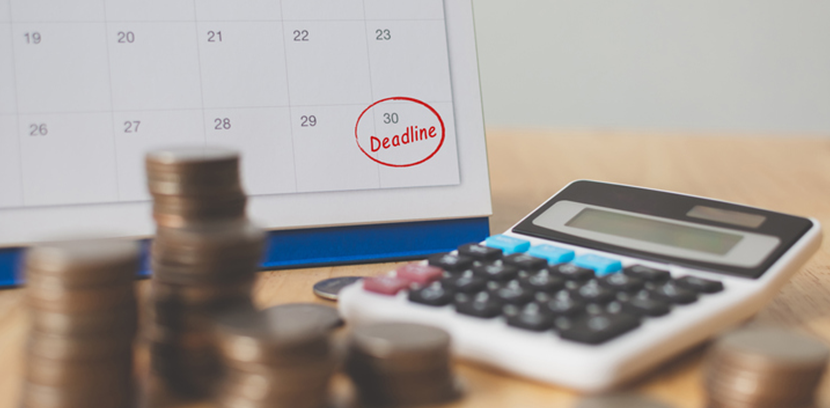
The short answer is YES!
If you're not already charging your B2B customers late fees on unpaid invoices, you should be! You may be concerned that a late fee could be damaging to your business relationship but in fact, it establishes you as a legitimate business owner.
Are you wondering if you can charge late fees on B2B invoices? Read more to learn how and why you should.
Yes, you can charge late fees on B2B invoices.
Find Proof that You Should Be Paid
It's really easy to take late or non-payment of your invoices personally. If you've put in the time and resources, you expect that your client respects you for it. You've built a sort of mutual trust - I'll do my part... and you'll do yours. So when an invoice goes unpaid, it can feel a blow to the gut.
Instead of doubting yourself or the work you've done, find the evidence to prove otherwise:
- Do you have a signed agreement (with your client's legal business name)?
- Did you do everything you said you would do?
- Was the invoice clear and easily interpreted?
- Has your client attempted to dispute the invoice or stated they're unhappy with your work?
If you've found proof that you've done what was expected, you have proof that you should be paid.

Charging Late Fees Should Be Expected
Now that you've proven that you've held up your end of the agreement, you can confidently follow-up with your client to prompt payment. If you've not mentioned late fees before your follow-up, on your invoice or in your agreement, it's too late to charge them now. Your clients should expect that you will charge late fees for non-payment because you've made it obvious that you would.
- You've included late fees in your signed contract's payment terms.
- An invoice was sent to your client at the expected time with instructions on how to pay.
- Your invoice clearly states invoice date, when the payment is due and when late fees will be added.
- Follow-up invoices were sent stating "2nd notice" or more with late fees added.
When you do all of the above in preparation, your customer will know that you're charging late fees and won't be taken aback when you do.
How Does Charging Late Fees Help?
As mentioned before, having a legitimate contract with a set due date and consequences for non-payment establishes your business as professional. Unfortunately, some businesses have to be selective about which invoices are paid, especially if they're having financial troubles of their own. A threat to charge late fees could motivate your client to pay yours before paying other invoices.
Charging late fees could also be used as a negotiation tactic. Your client may offer to pay the full amount and ask if you could drop the late fees. The typical late fee is about 1.5% of interest each month that payment is late. You may be able to afford to drop the late charges, especially if your client is now ready to pay the full amount. You may also offer kindness to clients who are going through a tough time by offering to drop the fees. This action could endear you even more to a great customer that you hope to keep for a while.
If you're considering adding late fee consequences to unpaid invoices, make it obvious to your client and put it in writing. They should expect it, not be surprised by it. Use it to your benefit to get paid what's owed to you and reduce the chances of invoices going to collections.




